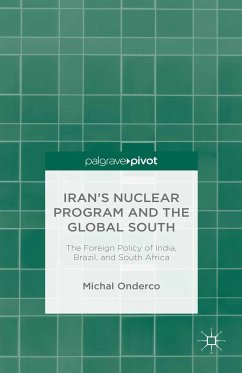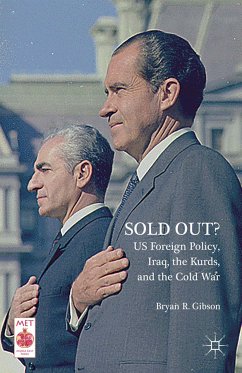
History and Foreign Policy in France and Germany (eBook, PDF)
Versandkostenfrei!
Sofort per Download lieferbar
72,95 €
inkl. MwSt.
Weitere Ausgaben:

PAYBACK Punkte
36 °P sammeln!
Why do states similar in size, resources and capabilities significantly differ in their basic orientations and actions across major domains in foreign policy, security and defense? This book addresses this important question by analyzing the major differences between the foreign policies of France and Germany over extended periods of time.
Dieser Download kann aus rechtlichen Gründen nur mit Rechnungsadresse in A, B, BG, CY, CZ, D, DK, EW, E, FIN, F, GR, HR, H, IRL, I, LT, L, LR, M, NL, PL, P, R, S, SLO, SK ausgeliefert werden.












